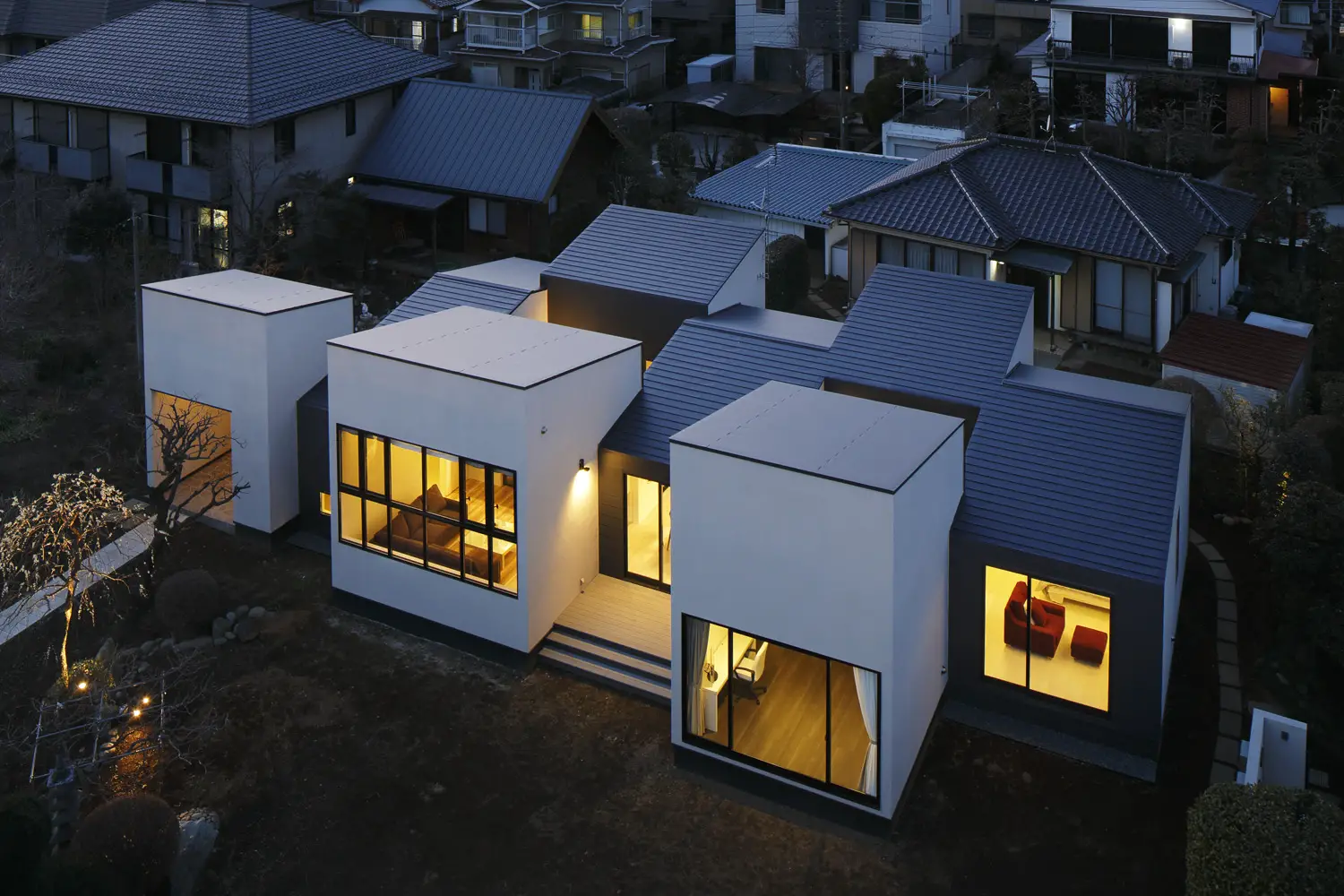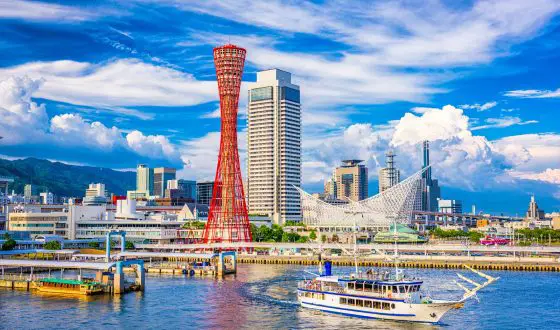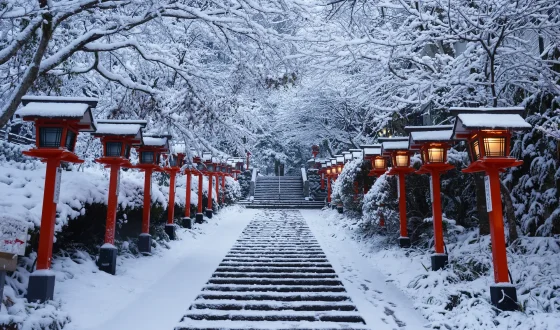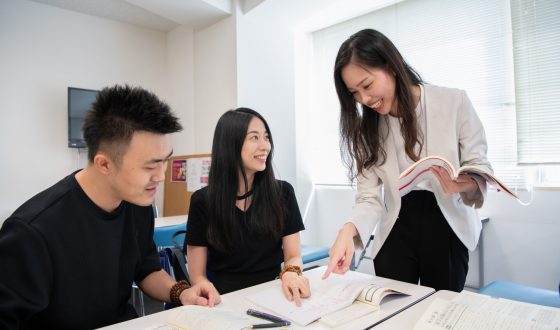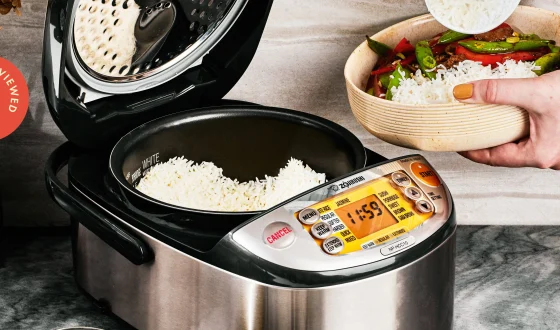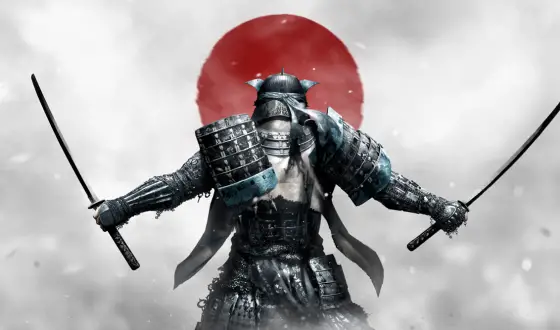How Much Does A House Cost In Japan?
A foreigner planning to live long-term in Japan always gets the dilemma of whether to buy a house. There is a rumor that house in Japan is too expensive for its value, but this depends on many factors such as areas, location or ages of the houses. Besides, the current changing market with an increasing foreign population also impacts the housing prices. So in conclusion, how much does a house cost in Japan? Read on to find out.
1. Current Housing Market in Japan
Since 2020, the coronavirus epidemic has affected Japan’s economy and also the real estate market. Under the pressure of the economic crisis, many people put their property on sale. According to Knowledge Partner, a Tokyo-based real estate company, house sales have gone up from 30% to 50%.
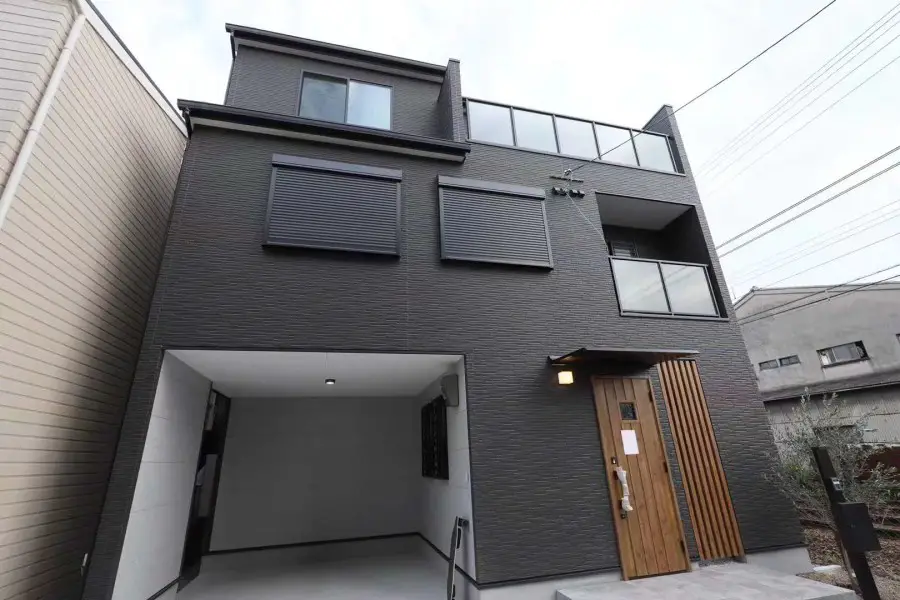
There is a nationwide decrease in detached houses prices by 6.2% in the period from 2019 to 2020.
SEE MORE:
- Buying A House in Japan as Foreigners? – A Detailed Guide
- 2021 Complete Guide to Japanese Property Tax
While the supply rises, the domestic demands for free-standing shrinks slightly. The reason may be Japanese is reluctant to spend too much on a property. Another most detached houses are located in outlying areas where the housing demand itself is low. In general, this leads to a nationwide decrease in detached houses prices by 6.2% in the period from 2019 to 2020. But the price for condos experiences the opposite trend.

The fact that prices of apartments, especially in city centers keep increasing while these single-family houses in the suburbs or countryside fall, also expands the gap between areas.

Offshores buyers find this current housing market in Japan a potential investment opportunity. They can now own a large property in outlying areas by paying inexpensive prices. Indeed, JLL claims that in 2020, foreigners have poured 1.5 trillion yen ($13.5 billion) into the Japanese real estate market. This figure makes up 30% of the total market, which is the highest percentage ever since the peak in 2007.
2. How Much Does A House Cost In Japan
2.1 Based on Location
Location is a major factor that can alter the value of land and detached houses. According to 2019 Flat 35 User Survey by Japan Housing Finance Agency, a 70sqm real estate property in different places in Japan would cost as follows:
| Area | Custom built house |
Ready-built House |
Second-hand house |
| All of Japan |
¥35,000,000 | ¥35,000,000 | ¥26,000,000 |
| Tokyo | ¥38,000,000 | ¥39,000,000 | ¥32,000,000 |
| Kansai | ¥36,000,000 | ¥33,000,000 | ¥23,000,000 |
| Tokai | ¥35,000,000 | ¥30,000,000 | ¥22,000,000 |
Source: Japan Housing Finance Agency
Even in Tokyo, the prices can vary dramatically from area to area. For instance, let’s compare the following two stand-alone 2-floor houses that are listed on a housing site. Both are a little over 100 sqm in areas and were built quite recently, within 3 years. The 4LDK house in Kanagawa (outer prefecture of the greater Tokyo) costs ¥46,800,000 ($426,559). On the other hand, the 2SLDK in Meguro (one of 23 Tokyo wards) costs ¥79,800,000 ($727,339).
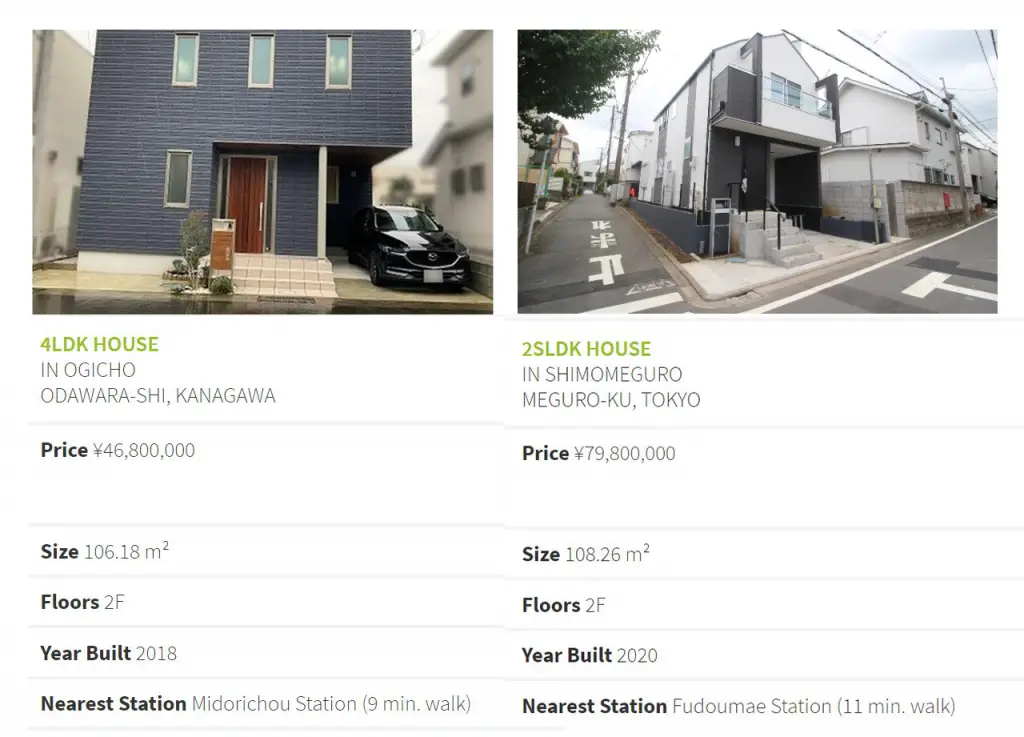
2.2. Ages of houses
A brand new house tends to be valued at a higher price than pre-owned houses. If you search the houses options online again, you will find these two houses in Osaka city. Even though the secondhand free-standing house constructed since 1976 is just slightly smaller than the new one, its price is only one-forth.

Note that the listing price is not the final amount of money you have to pay for a house. There are various expenses such as tax, reform, or loans.
Purchasing an old house of over 30 years ago would cut you the cost of tax. This is because these houses have ended their legal time for tax depreciation. Depending on the house condition, it can cost not much more than the land value.
However, buying a newly built house would save renovation costs. A complete renovation for a 100sqm house could range from ¥5,750,000 ($52,408) to ¥8,610,000 (78476). Unless you find a house that was well maintained by its previous owners, you must pay the renovation company to make the old house habitable. And a newly-built house usually comes with a 10-year warranty against defects and it is easier to get loans on a newer house. Some banks even refuse to give loans for very old houses unless you intend to build a new one.
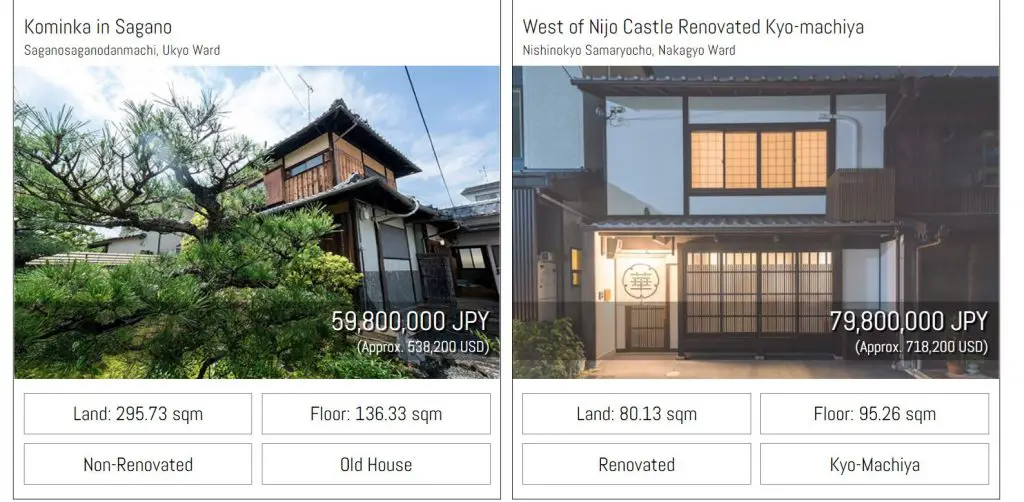
After renovation, a traditional house’s prize can increase tremendously which is a good opportunity for investment. For instance, the above-used houses, which are located in Kyoto, are authentically beautiful in their own ways. But the smaller one, with renovation, even cost almost ¥20,000,000 more than the larger one.
2.3. Akiya – Abandoned house
Akiya (空き家) literally means “empty house”. They tend to be very old houses located in large plots of land in the countryside or small towns. Due to the falling population and the preference of young people to live in new apartments in the cities, there are more and more akiya in Japan. Akiya is sold for a competitive price or even almost for free. Therefore, many foreigners who want to escape the city’s hustle and bustle buy akiya as a second home for weekends or holidays. Since akiya is old, it is likely in a serious deterioration situation. Unlike normal old houses, no one bothers reforming the house before sales. The new owners have to carry out the renovation or demolish themselves.

The above two-story wooden house (constructed in 1918) is located in Yabu City, Hyogo Prefecture. It has a large residential land area of 264.46㎡ and is 5.5 km to Yabu City Hall, 2 minutes walk from the bus stop. But it is on sale, at only ¥4,000,000.
FAQs
What is a typical standalone house in cities in Japan?
Houses in cities like Tokyo usually are built on small block sizes with 2 or 3 floors and the total area is approximately 100sqm. In 3-storey house, the ground floor is used for car space, 2nd floor would have kitchen/dining or living space. The bedroom is on the 3rd floor. In 2-storey structure, bedrooms and bathrooms are usually placed on the ground floor. The living room and kitchen area on the 2nd floor to access more daylight. There would be hardly any space for a garden.
Is it better to rent an apartment/house or to buy a house in Japan?
This really depends. If you are going to settle down in Japan, why not buying a house? Everyone likes the feeling of being at home that they own and nobody can ask them to leave. But make sure that you can pay for it or get a house loan. Then, you must pay the loan for decades. So it is better a house that you really adore and need (for your large family, for instance).
Why do Japanese houses have less value after 20 years or 30 years?
Actually, this myth is only true for older houses. The design might go old-fashioned and not suitable for modern life. Besides, they were constructed with the mindset that the real value of a house lies on its land. Also for tax purposes, the value of structures depreciated close to ZERO in 30 years. The builders back then found no need to use robust material. Most new owners of old houses have to pull it down and rebuild. Therefore, the price for these houses is as low as its residual value.
Is buying a house in Japan worth the investment?
The mentioned mindset regarding houses construction has changed. You can buy a high quality less than the 15-year-old house at a good deal in the outskirts. But also expect the price can decrease as the demands it is weak. A house in the center would guarantee an absolute rise in price, so you can sell or lend it later. In addition, be aware of the other costs, like tax and risks. For instance, if the house gets razed by natural disasters, you are still liable to pay for the mortgages. This is similar to the liability insurance system in the UK, but the pronity to disasters in Japan is on the next level.

